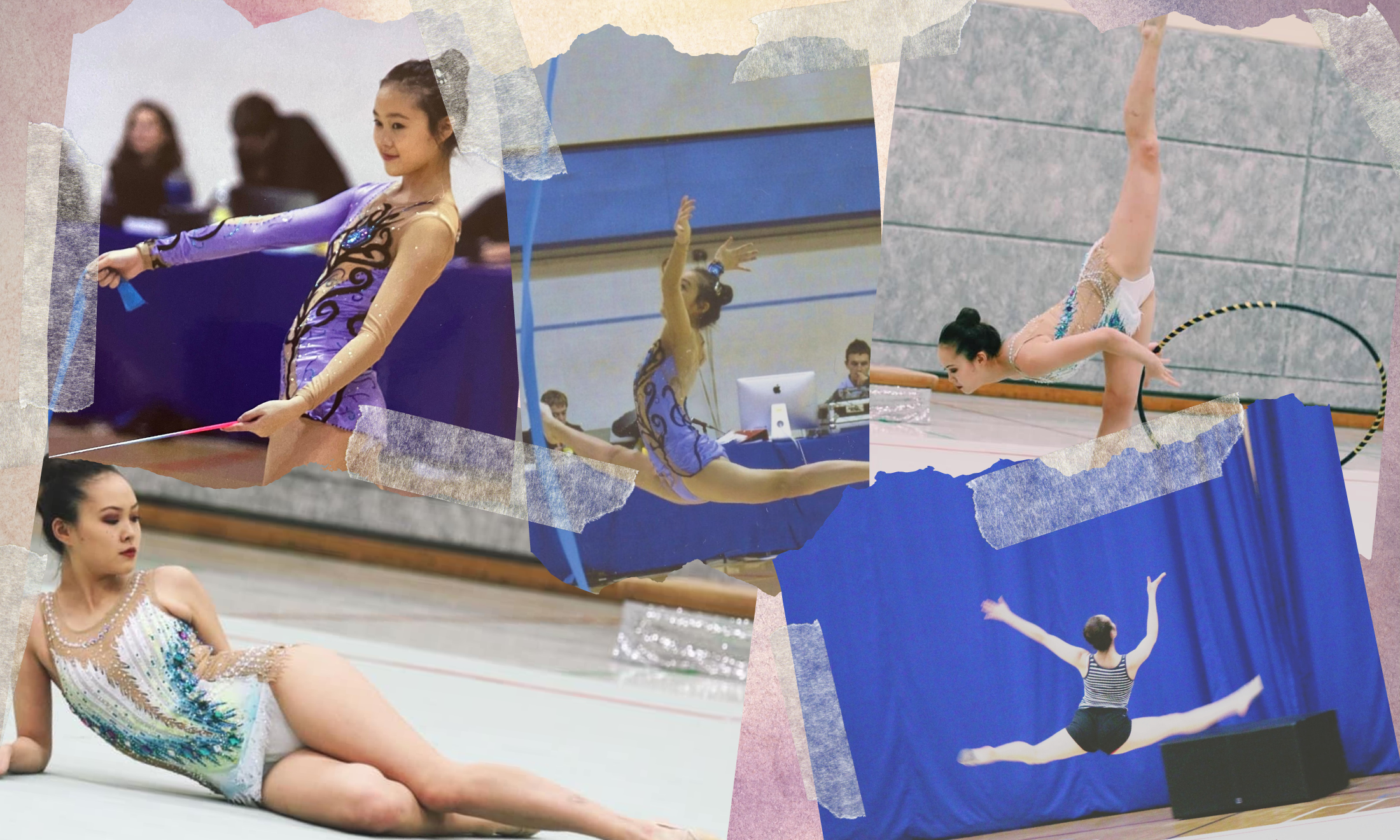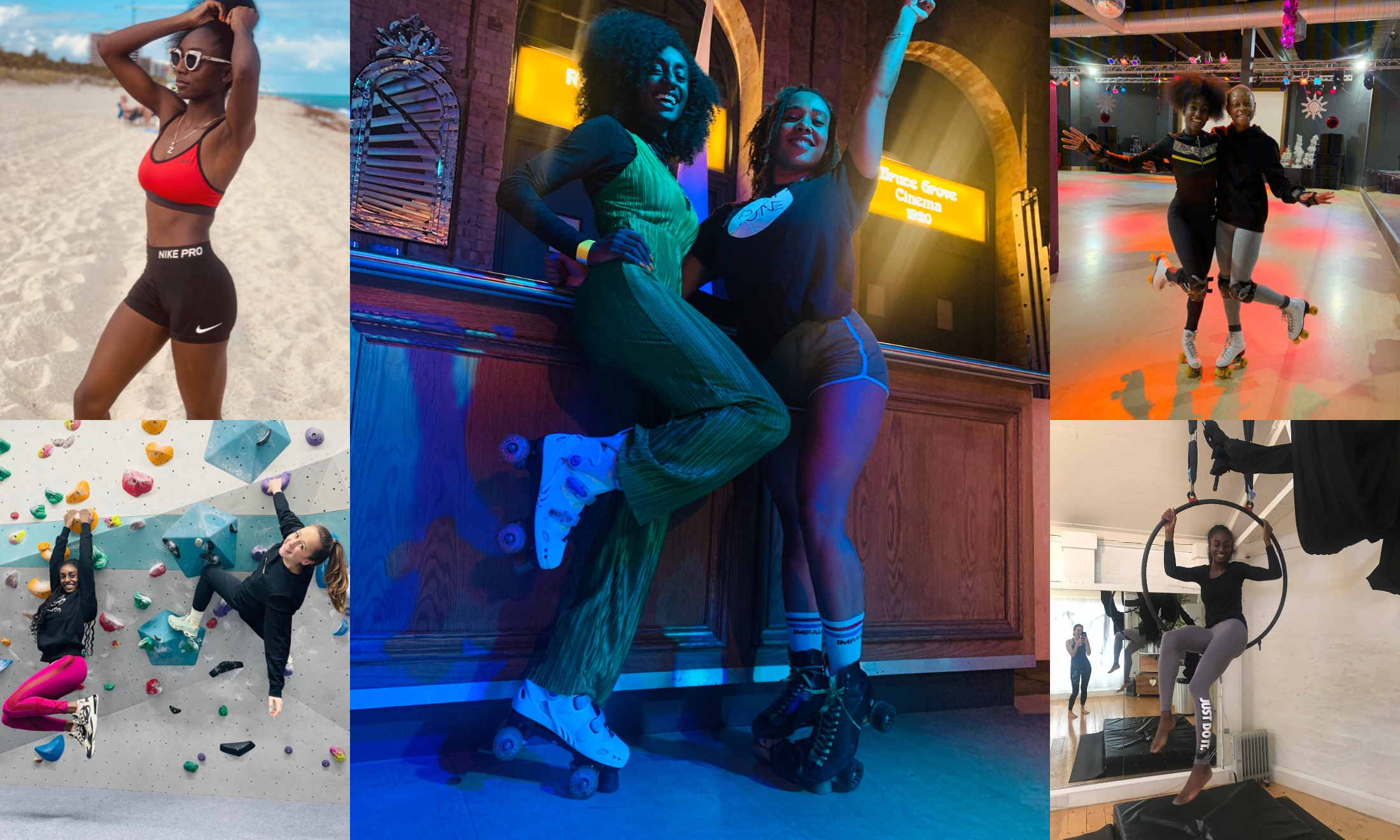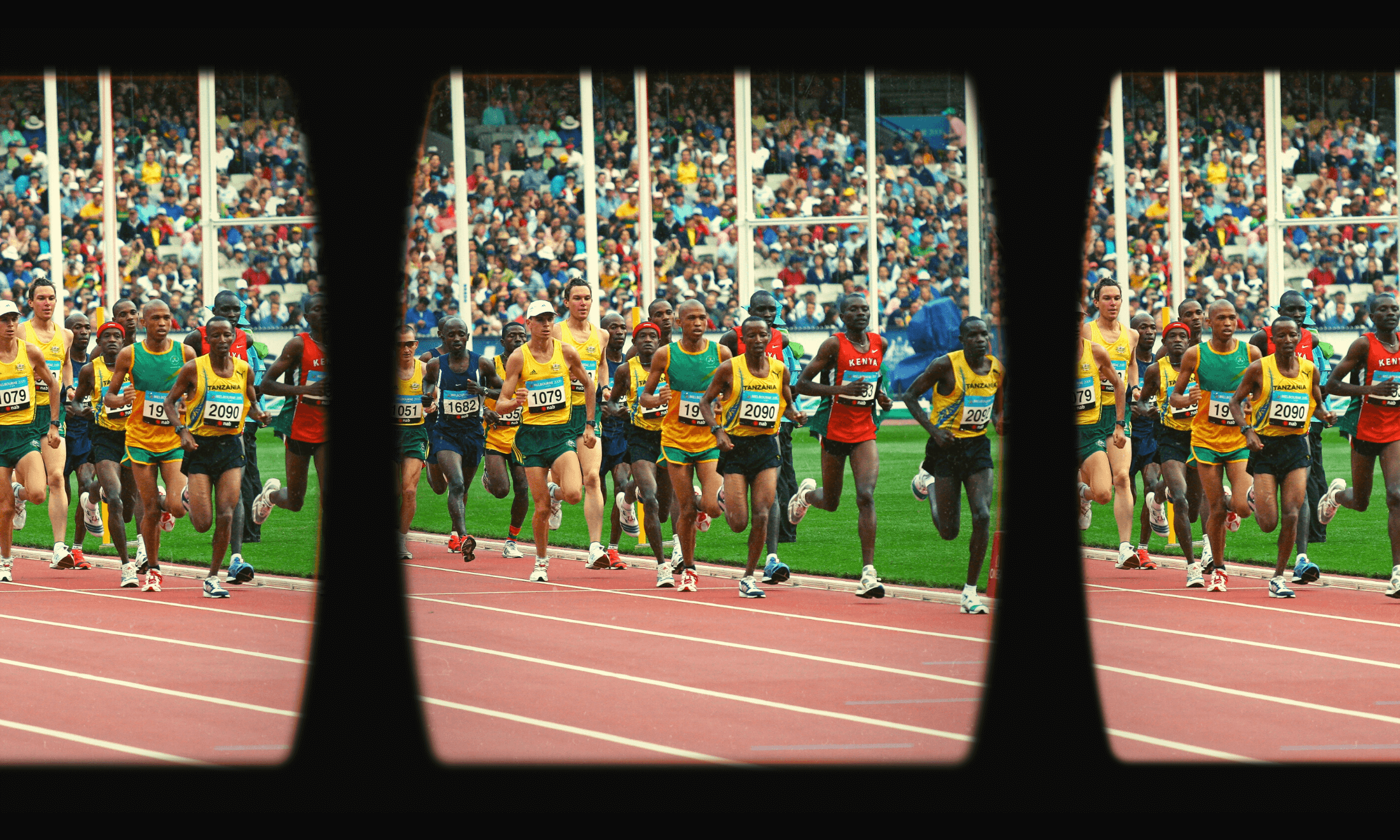
Mandy Gao
I was a teenage rhythmic gymnast. I’m not surprised by allegations of abuse and mistreatment in the sport
A new investigation has revealed abuse and mistreatment in British gymnastics. Mandy Gao reflects on her years spent training as a rhythmic gymnast.
Mandy Gao
05 Jul 2022
Content warning: this article contains mentions of abuse and eating disorders.
I was born in the early hours of a cold morning in Manchester to parents from northern China. My mama, a former dancer for the Communist Party in China, put me into dance classes in hopes of gaining qizhi, the Chinese term for the elegant air a person gives off when they enter a room.
When I was 11, I discovered rhythmic gymnastics via a viral YouTube video. Mesmerised, I managed to convince my mama to let me switch from ballet to rhythmic gymnastics. Showing up to my first class, I walked into the dark gym hall with a high ponytail and even higher dreams.
Rhythmic gymnastics – a women’s-only sport with a retirement age of around 20 – is a hugely popular sport, particularly in Russia and Eastern Europe. It combines ballet and acrobatics, and young girls perform with rope, ribbon, hoop, ball and clubs. It is the human embodiment of elegance and grace, and gymnasts are expected to leap, pirouette and move with the finesse of gazelles.
“Showing up to my first class, I walked into the dark gym hall with a high ponytail and even higher dreams”
The first few years of my time as a gymnast were spent in a blur of happiness. I learned new ways to pirouette while my hoops hit the ceiling. I perfected my competition bun, attended 40-hour-week summer camps and broke apparatus when I caught it with too much force.
My skills were also highly valued in the British-Chinese community, and I travelled around the UK performing routines at prestigious Chinese cultural shows and using Chinese music to pay homage to my heritage at competitions.
I enjoyed the success of winning my first few local tournaments and appearing in my local newspaper aged 12. My stoic Chinese father carefully ripped out the article, and it now sits framed on my piano, between a younger photo of my mother and my sister’s bachelor’s certificate from the University of Cambridge – stark reminders that both his daughters were thriving in the country that he had left his own for.
___
In Western Europe (and especially the UK), rhythmic gymnastics is hidden away behind its more popular counterparts of artistic gymnastics and trampolining, often cast aside as ‘ribbon dancing’ (cheers T Swift for labelling them as such in your Shake it Off music video). So, to further my training, my mother sent me to train at a summer camp in Bulgaria when I was 13 years old.
The Russian-style techniques that were taught were different from what I was used to at our small English club. Under my new coach’s direction, we recorded our weight every week in a shared notebook and noted down what we ate everyday. Water breaks were limited to two per six-hour session because drinking made us “too heavy to leap”, and our eating habits were scrutinised to the point that I still refuse to eat in the gym now.
“Our eating habits were scrutinised to the point that I still refuse to eat in the gym now”
In one instance, I came out of the shower in the gym and bumped into my coach. Flustered and wearing nothing but a towel, I dipped my head and smiled. She smiled, looked me up and down, before saying, ‘’You could really do with losing some weight. Your thighs are quite big.’’
With my cheeks burning, I turned to hide my bare legs. I nodded and thanked her for letting me know.
A week later, after weighing myself on the scales in the gym, she sauntered up to me with a disappointed but unsurprised look on her face.
“You gained 200g, Mandy.”
There was no way I could talk back to her; I could only imagine how she would have translated that into coaching me for the next few hours.
Instead, I pursed my lips, bowed my head in shame, and said, “Sorry.”
____
Upon returning to England, I became paranoid about my weight. I saw how these techniques were being implemented at British competitions in the form of shouting, insults and weight comments from other coaches.
In the gym, I felt huge in skin-tight leotards that showed off every curve of my changing teenage body. For a long time, fears that judges would deduct marks for my ‘wobbly thighs’ or ‘big stomach’ plagued my thoughts each time I stepped onto the carpet.
Off the carpet, my mother watched over my appearance authoritatively like a hawk. The reputation of my older sister, who was unreachable in terms of academic success, solidified my belief that I was the ‘really dumb, but pretty and skinnier Gao sister’.
I wasn’t allowed to take antidepressants because “they could make me fat” and my mama advised me to skip dinners to maintain my weight. Every time I looked in the mirror, I would tear up at the fact my thighs were just so big and wobbly.
With the pressure from the sport, my mother, romantic relationships and living with the notion that my appearance equaled my worth, there was a period of time where I would throw up after eating in an attempt to be the perfect gymnast, daughter and girlfriend.
My mental health plummeted and I spiralled into a depression that would eventually last until my university years. I ended up in relationships I didn’t want to be in. I would fail my first year of university because I felt too ‘fat and ugly’ to attend lectures, and I was eventually diagnosed with body dysmorphia.
____
In June 2022, the Whyte Review, a two-year investigation into abuse and mistreatment in British gymnastics was published. It revealed that hidden behind the pretty leotards and multicoloured ribbons lies a more sinister culture of extreme discipline and fear. The review highlighted that rhythmic gymnastics received the highest reports of eating disorders proportionally to other types of gymnastics and that “coaches explicitly endorsed what is described as ‘disordered eating behaviour’”.
“If I were to come back as a gymnast and compete as the person I am now, I’d enjoy every moment and relish in the attention”
In the four years since I retired from the sport, I’ve seen the ex-gymnasts I used to compete against recount their experiences and the life-long trauma they suffered from training. The rhythmic gymnastics community in the UK is tiny, and speaking out can be daunting.
With the publication of the Whyte Review, I’ve been reflecting back on my time as a rhythmic gymnast, now as a highly confident Chinese woman who recognises her own beauty and strengths. If I were to come back as a gymnast and compete as the person I am now, I’d enjoy every moment and relish in the attention.
But this sport’s main age group is not women in their mid-twenties who have taken years of reflection and self-compassion to come to a place where they can accept their own appearance and self-worth. Instead, rhythmic gymnasts are young children and vulnerable teenage girls who are already struggling with confidence and the way they look.
There is now potential for change in the sport as more gymnasts are speaking out about their treatment – for example in the documentaries Over the Limit (2017) and Athlete A (2020), which give a glimpse into practices that foster abusive and psychologically damaging environments, eating disorders and injuries.
“There’s a line between tough love and abuse, and that line is often blurred in the sport”
British Gymnastics has neglected rhythmic gymnastics for decades. The Whyte Review is just the beginning of the crucial work needed to protect the welfare of young girls and women. There’s a line between tough love and abuse, and that line is often blurred in the sport, and coaching practices need to be more closely monitored to prevent eating disorders, life-long injuries and other psychological trauma.
I’m very lucky to still find great joy in coaching the younger generation of girls at my old club in Manchester and also my new club in North London. Despite my negative experiences, I am very thankful that I came into the coaching world with experience of being a gymnast. It has lended me a sensitivity to encourage rather than enforce, where I strive to create a safe environment that doesn’t mirror the one that I endured.
If you are struggling with an eating disorder, please call Beat on 0808 801 0677. Support and information is available 365 days a year.
Like what you’re reading? Our groundbreaking journalism relies on the crucial support of a community of gal-dem members. We would not be able to continue to hold truth to power in this industry without them, and you can support us from £5 per month – less than a weekly coffee.
Our members get exclusive access to events, discounts from independent brands, newsletters from our editors, quarterly gifts, print magazines, and so much more!








